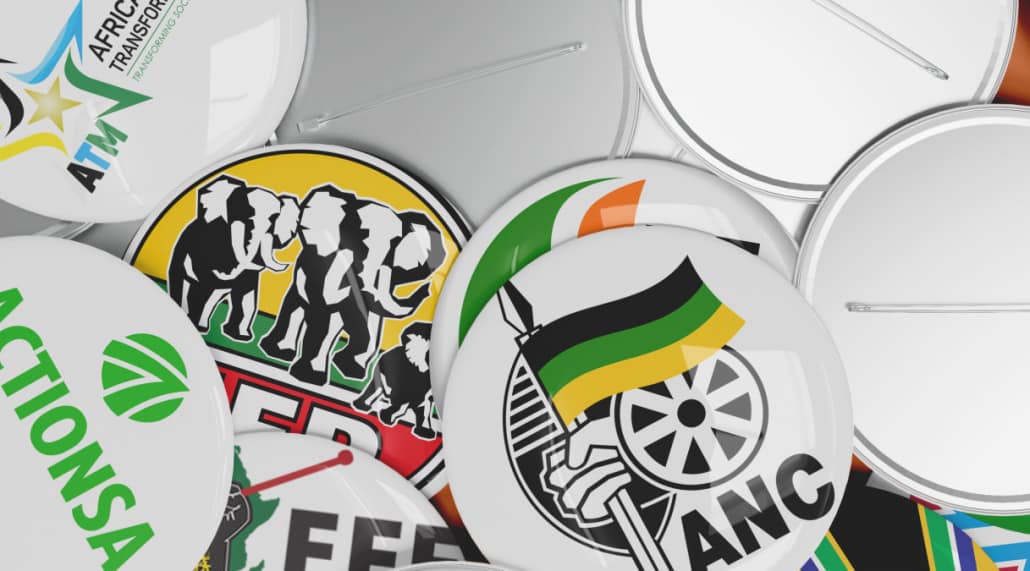By Kwazi Dlamini
Free reign when it comes to political party funding threatens our hard-fought-for democracy in every aspect. While the new Political Party Funding Act (PPFA), promulgated on 1 April 2021, seeks to address the issue of private donors having unfettered power in funding political parties, at the same time there should be alternate solutions to how political parties fund their operations without resorting to unscrupulous methods.
The PPFA enforces a strict regulatory framework for the private funding of political parties, limiting the source, value and use of funds donated to those parties.
While it might be of little interest to many voters as to how their favoured parties source their funding, the risk of corruption is too severe to leave it unregulated and it is imperative that we protect our democracy from such risks. For far too long private interests have managed to hijack political parties through donations and use these political parties for their private gain, at the expense of citizens.
The Zondo commission of inquiry found how the notorious Gupta family spread its control over state-owned enterprises through corruption and the promise of higher positions for politicians. Former minister of public enterprise Lynne Brown, the commission found, participated in the capture of Denel and removal of key individuals in favour of those associated with the Gupta family. The state-owned arms manufacturer eventually suffered financial collapse because of corruption.
Better late than never
Control through political party funding is a worldwide phenomenon and it is the reason why countries have strict regulations in this regard. South Africa might have been late to the party and might not have everything right yet, but covering as many loopholes as possible will be a great start.
South Africa did not regulate political party funding until President Cyril Ramaphosa signed the PPFA into law in January 2020 and enforced it in April 2021. The Act received a warm welcome from the governing party and opposition – however, barely a year later the ANC has called for amendments. The party wants the minimum threshold for declarations to be increased from R100 000 to R500 000, and the limit a single donor can donate to a party per year to be increased from R15-million to R100-million or to just be scrapped entirely. This move has been criticised by opposition parties and several civil society organisations.
The decision to regulate political party funding has also led to certain funders refusing to make donations if their names will be published to the public. Nevertheless, the regulations are for the greater good of democracy and South Africa, especially as the Zondo commission laid bare how private companies received contracts from the state and conveniently made donations to political parties.
Earlier this year, Cyril Ramaphosa released the first three instalments of the state capture commission of inquiry report. Among others, the report revealed donations made by the technology services firm EOH to the ANC, seemingly in return for tenders. It found that the late Johannesburg mayor Geoff Makhubo asked for a donation from EOH just before one certain tender was awarded – most of the money was diverted to his personal causes. Soon after EOH secured the tender, Makhubo requested another donation of R50-million towards the ANC’s 2016 local government elections campaign. In testimony last year, Makhubo maintained the payments were for legitimate purposes.
Alternate donation channel
Donors who support democracy have the alternate option of donating to the Multi-Party Democracy Fund. The Independent Electoral Commission (IEC) administers this fund, donors contribute towards it, and the IEC distributes amounts to all the political parties represented in Parliament in proportion to how many seats they hold. The IEC conceded that it has a duty to give prominence to this form of funding, as it will decrease the chances of private donors having a financial stronghold on a particular party.
Then there are donors who want to donate to a specific party as they resonate more with their policies. They are allowed to do so under the regulations of the PPFA.
The Act will consequently change the dynamics and the future of politics in the country as the public will be able to understand the relationship between funders and political parties. It makes it easier for the public to establish whether companies are rewarded with state contracts for donating to a certain party.
The protest against the PPFA from political parties when it was first introduced and the recent calls for its amendment shows that the IEC and the public must anticipate attempts to circumvent the Act. The regulatory body should not be found wanting in this regard but instead should urge parties to diversify their sources of funding within the PPFA regulations.
Until Ramaphosa signed the proclamation of the PPFA, South Africa was one of the two countries in the world who allowed foreign governments and agencies to fund political parties, a great threat to our democracy . A country’s sovereignty lies on its ability to fend off foreign interests getting involved in matters as important as choosing country leaders.
It is for these reasons that this process must be transparent as it also gives voters the ability to know what they are voting for and be able to question discrepancies.

